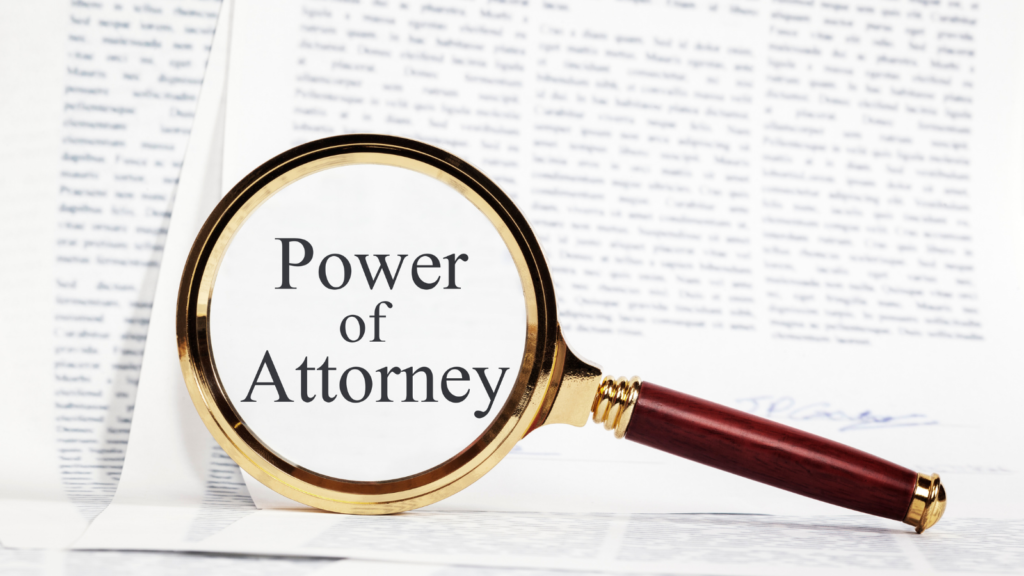

A power of attorney is a document that allows you, the principal, to give another person, referred to as an “agent”, the ability to make financial and legal decisions on your behalf.
The purpose of a power of attorney is to allow the agent the authority to act for you should become incapacitated and, therefore, unable to make financial or legal decisions.
A common misconception is that one granted power of attorney is someone who can legally represent you in court and act as your actual attorney. This is not true.
Only a licensed attorney or a person permitted by the state to practice before the court, can represent you in legal matters. While your agent can communicate with your attorney, he or she can only act on your behalf. They cannot actually represent you in court.
An attorney represents you; an agent, sometimes called a “power of attorney” acts for you.
The power of attorney is the actual document that permits the agent to do so.
Examples of matters an agent can handle on your behalf include:
A power of attorney does not take away your ability to act on your own behalf. If you have a power of attorney, you are still free to free to disagree, contradict, or override the decision of your agent. You still have the right to make own decisions.
However, if you become mentally or physically incapacitated and unable to act for yourself, without a power of attorney, no person (spouse or child) can make financial decisions on your behalf on non-joint accounts, non-joint assets, etc. Loved ones will find themselves unable to access solely owned assets. They will have to go through the court system and obtain a guardianship which is a costly and long process.
You can create a power of attorney at any time your desire as a part your general estate planning. But, a power of attorney can be especially beneficial when a person has an illness that he or she knows may lead to mental or physical incapacity. A power of attorney can only be created when the principal is mentally competent. So establishing a power of attorney early will help to ensure that your personal affairs are attended to when you are no longer able to manage them on your own.
A power of attorney is enforceable upon proper signing and remains effective until you choose to revoke the agent’s authority or upon your passing.
So, even if you do not have an illness that may cause incapacity, having a power of attorney in general can act as a safeguard for unexpected events that may cause even temporary incapacity. For example, if there is an emergency issue with a property or a bank account that you own and immediate action is require but you are out-of-town on vacation, a power of attorney allows your agent to act on your behalf to resolve the matter so that you may be able to continue enjoying your rest and relaxation.
The best way to make sure that you have a power of attorney that is properly written to address all your concerns and to be legally enforceable is to have it drafted and executed by an attorney.
Having an attorney facilitate the process for you can help to ensure your confidence not only in the document itself but also in the agent you select. An attorney can advise you on all the factors you should consider before selecting an agent based on the unique details of your situation.
For more information about requesting a temporary restraining order or for further assistance, please contact Central Jersey Legal Services.
Mercer County: (609) 695-6249
Middlesex County: (732) 249-7600
Union County: (908) 354-4340
